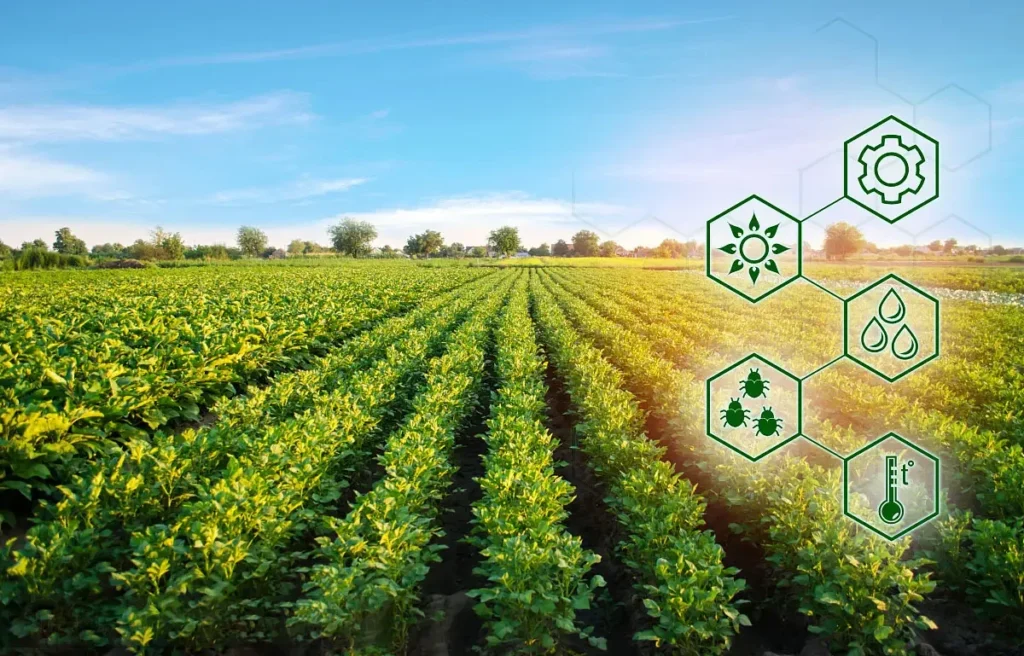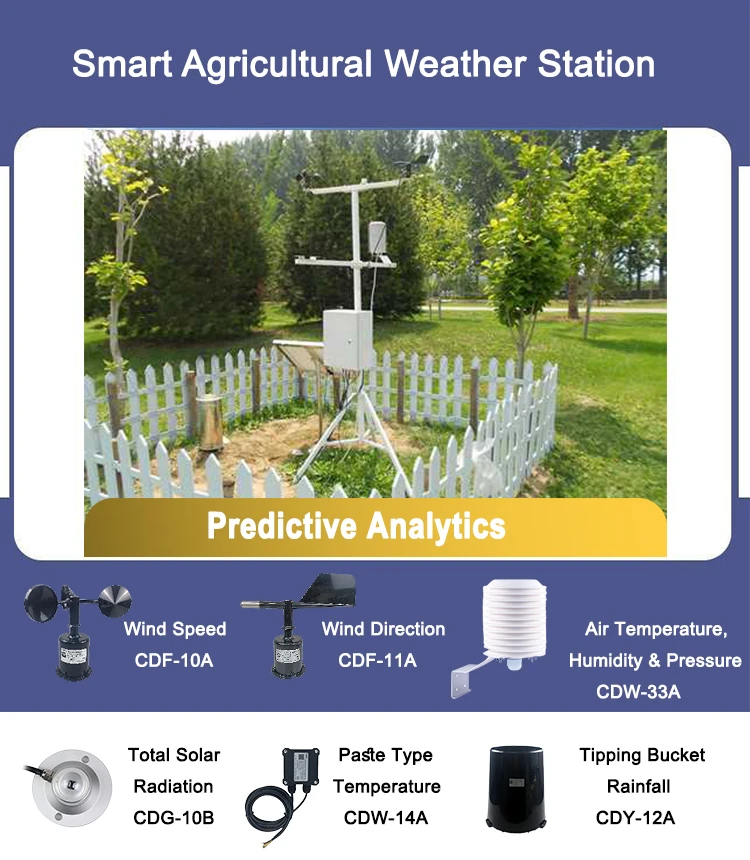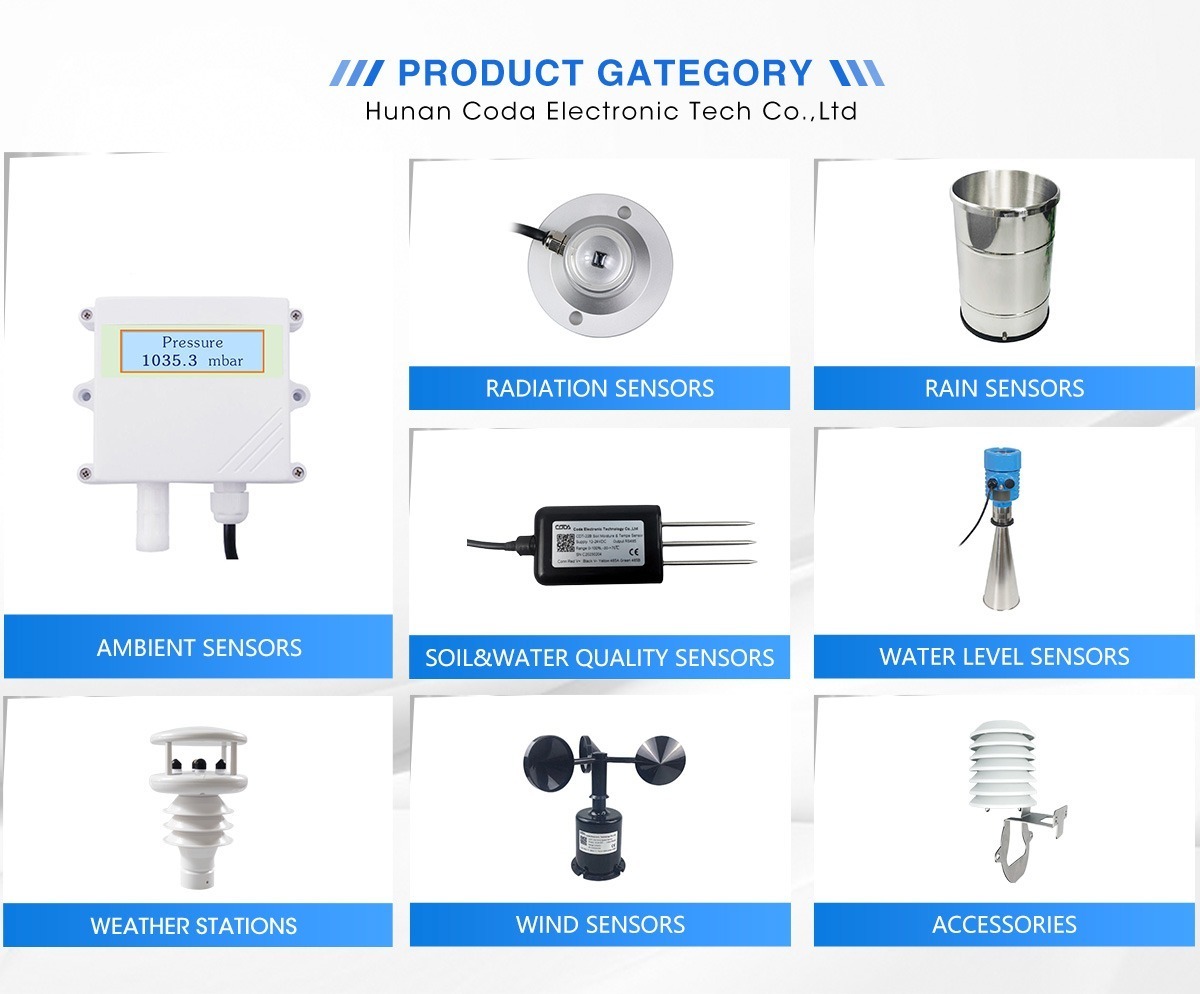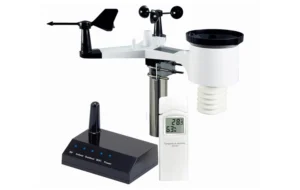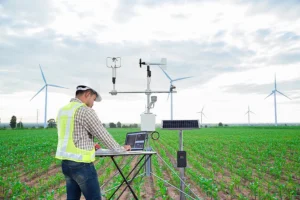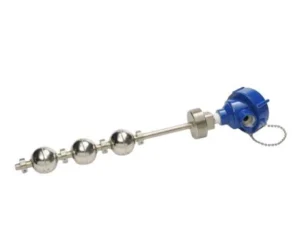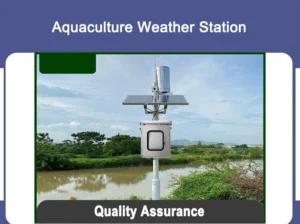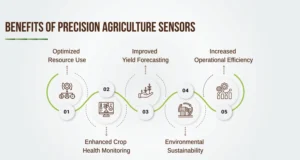Agrometeorological Stations
Agrometeorological stations play a key role in monitoring weather for agriculture. Crop growth and development depend on weather conditions. Setting up agro-weather stations helps us monitor and understand changes in the environment while plants grow.
These stations help predict and reduce weather-related disasters. They provide farmers with scientific advice and tech support. This helps them make better decisions.
These stations gather different weather data. This includes temperature, humidity, air pressure, and wind speed. This information helps farmers track environmental changes.
It helps them plan better for planting and harvesting. Regular checks during crop growth show how the weather impacts crops. This helps use water and fertilizer better and makes us more ready for disasters.
Agrometeorological Monitoring
The data from weather stations helps with farming plans and management. Real-time weather data helps farmers get accurate forecasts and early warnings. This helps them decide when to plant, how to fertilize, and what other farming actions to take.
This lowers the chances of disasters. It also boosts crop yields and improves quality. In the end, it helps farmers make more money and live better lives.
New technology in weather monitoring has made farming more precise. Tools like agricultural weather stations help farmers a lot. These tools help us see weather patterns better. They help more farmers by making weather services easier to access and more helpful.
Using tools like agro-weather stations reduces risks and potential losses. They also help make sure that farms produce good crops consistently.
By studying changes in the environment, such as temperature, humidity, rainfall, and wind, these stations help farmers get ready.
This helps with watering plants and other safety measures. It makes the soil better for growing crops. This also helps keep crops safe and protect income.
The importance of agrometeorological stations in farming is very high. These stations give farmers reliable advice on how to grow crops. They are important for effective farming management.
They help share important weather information quickly. This is important for better weather services in farming. Their role is key for today’s farming solutions.
